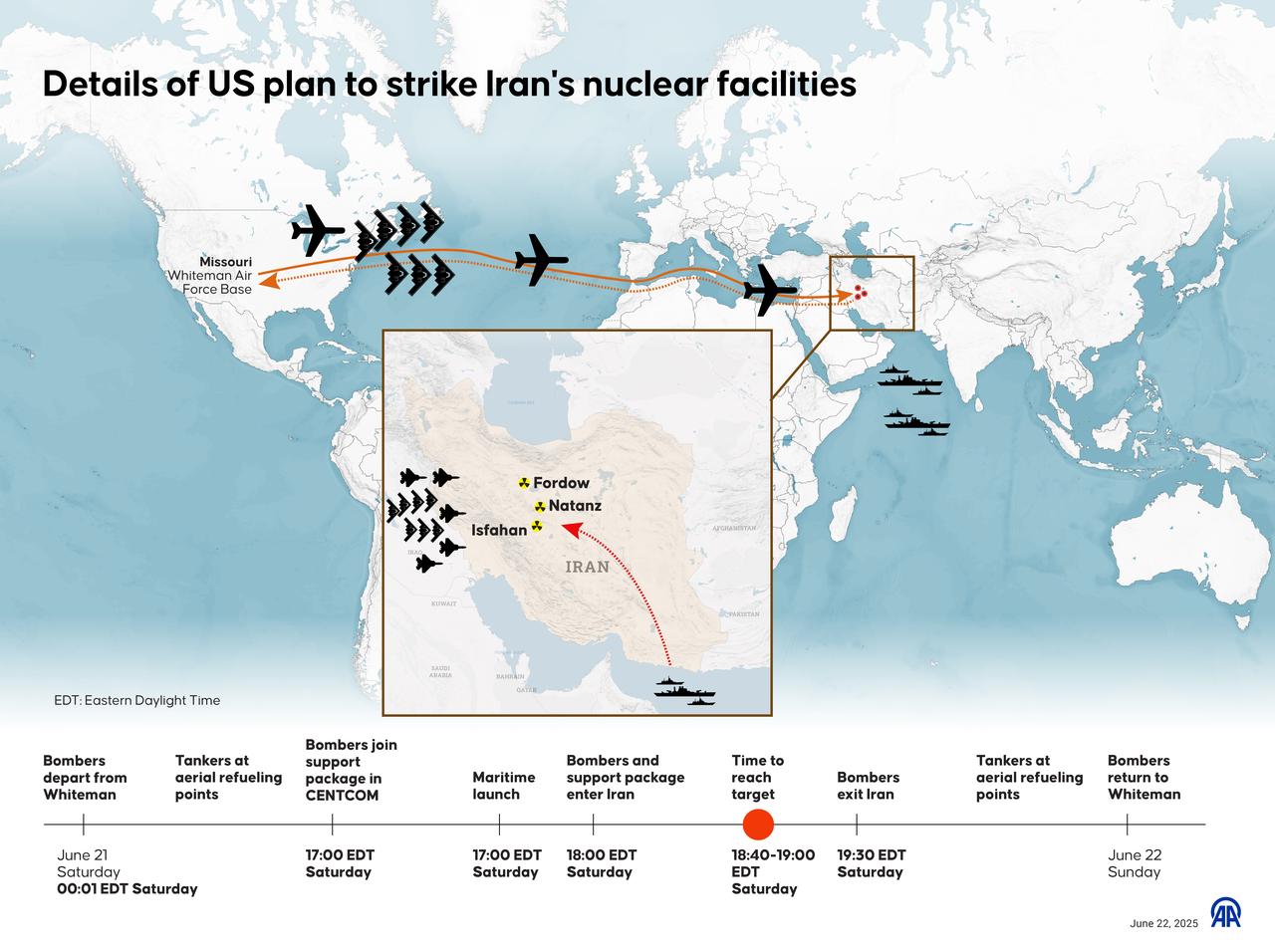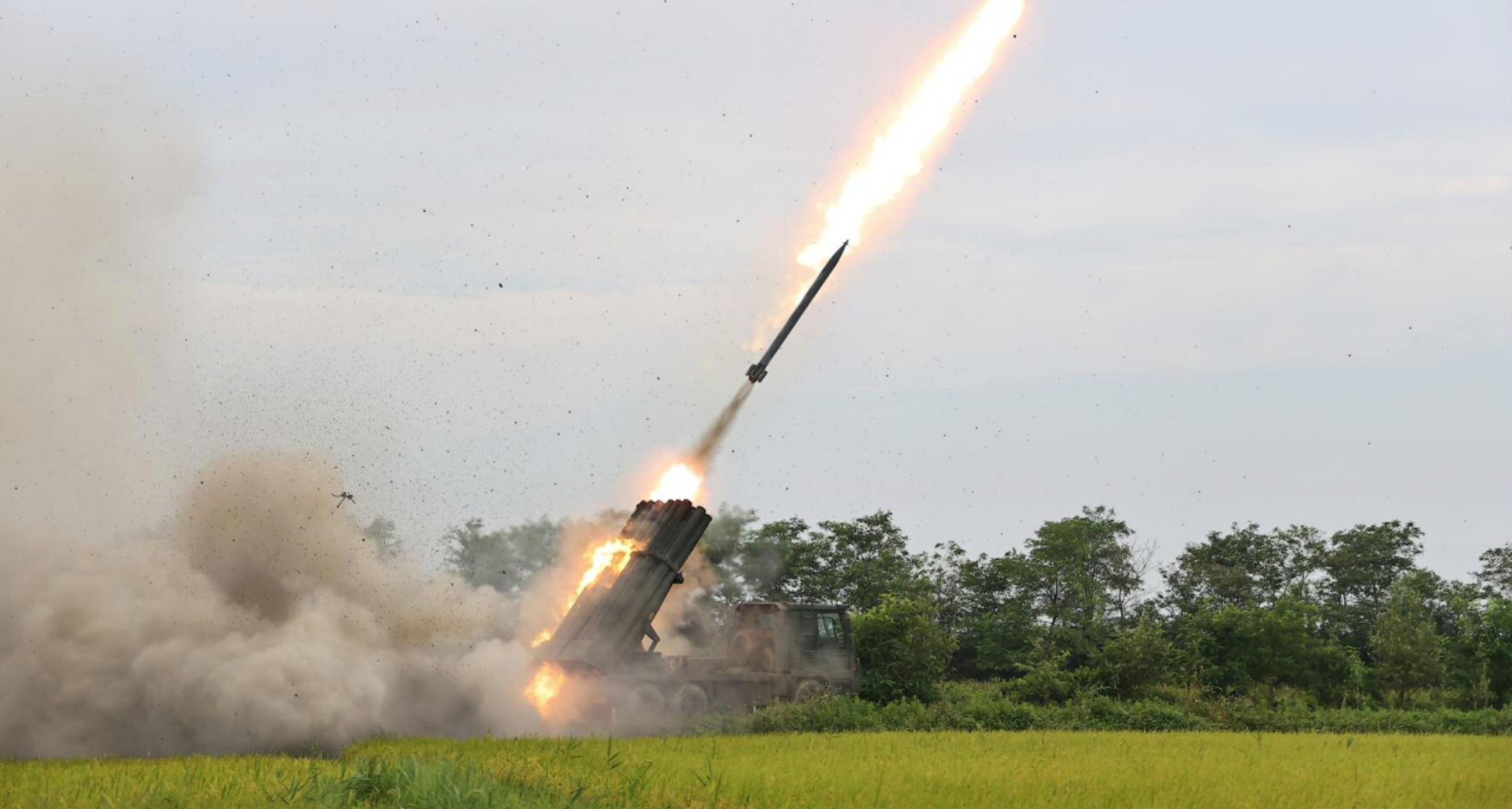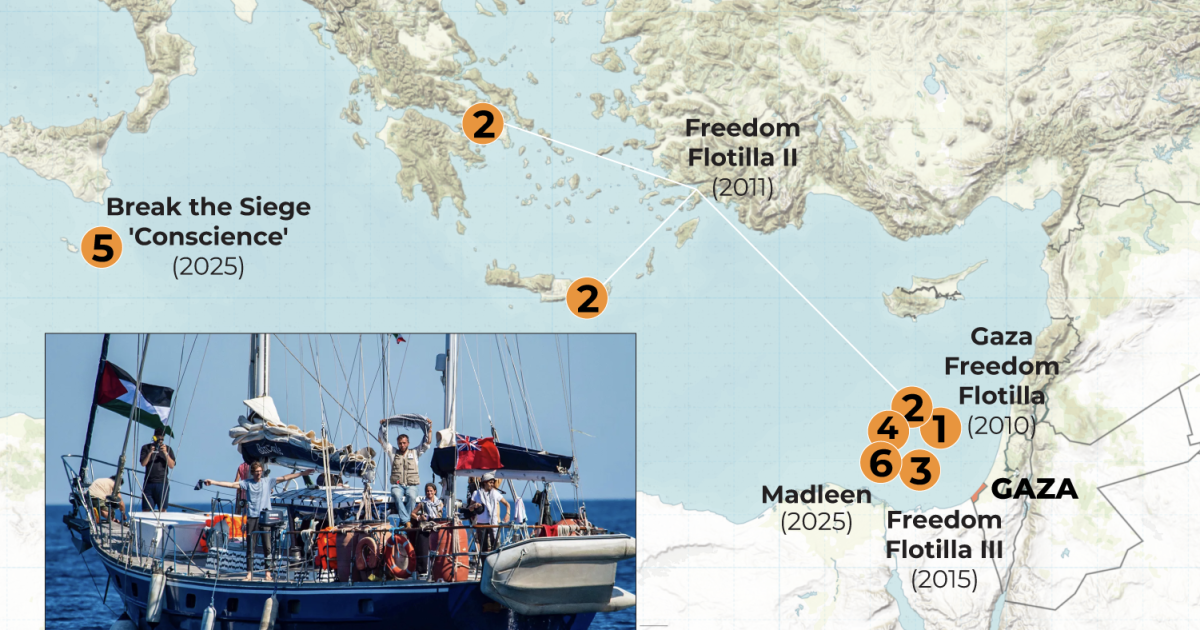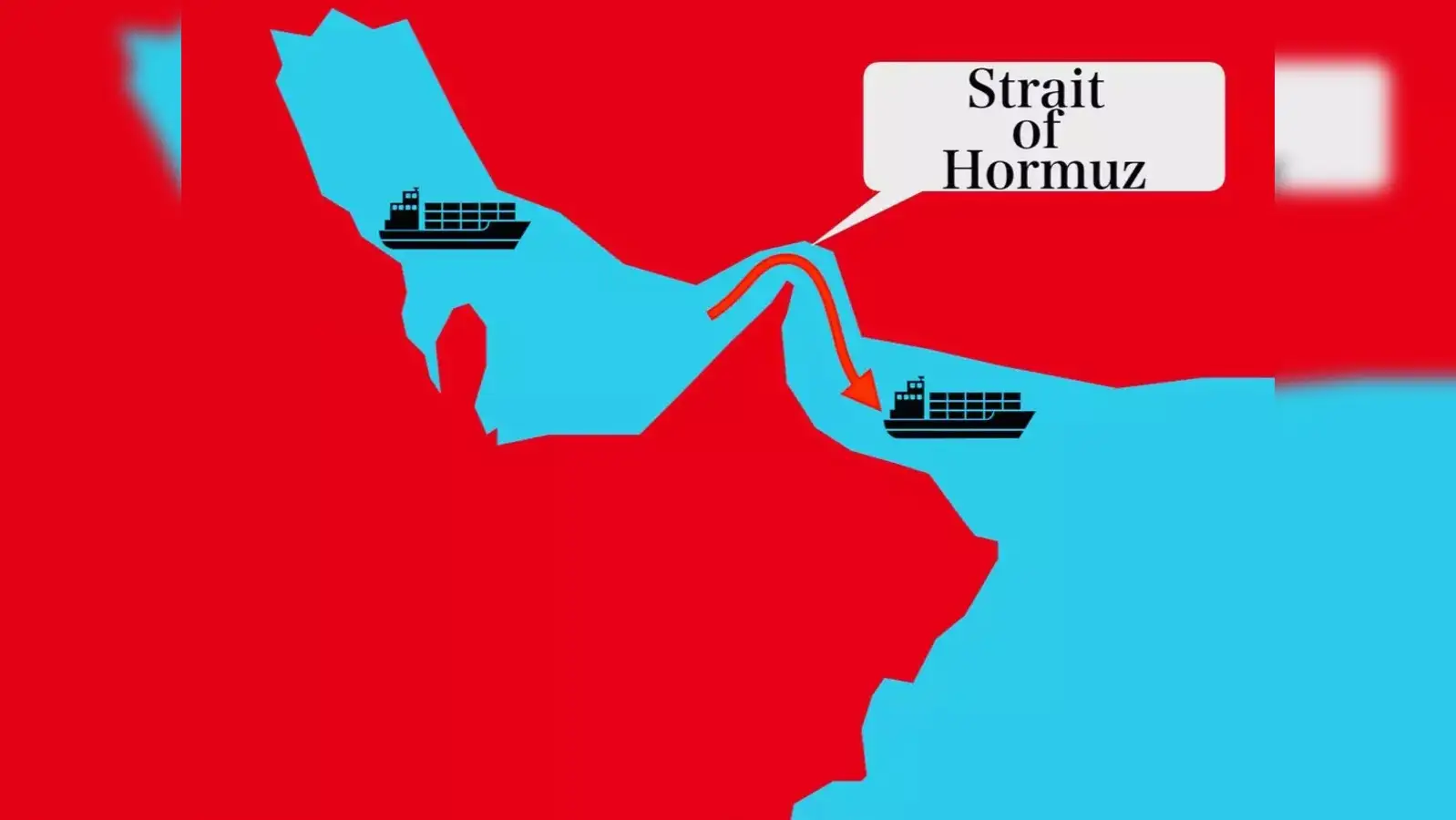A Bold Declaration Amid Rising Tensions About Donald Trump’s Talk
Donald Trump
Former President Donald Trump has once again stirred global controversy by hinting at possible regime change in Iran. His comments followed a joint military strike carried out by the United States and Israel targeting Iranian military infrastructure. This highly provocative statement has been interpreted as a signal of potential escalation, both politically and militarily.
The remarks, made during a press appearance, immediately sent shockwaves across the channels. Although Trump no longer holds office, his influence over discourse for U.S. foreign policy remains significant, especially among conservative policymakers and segments of the American public.
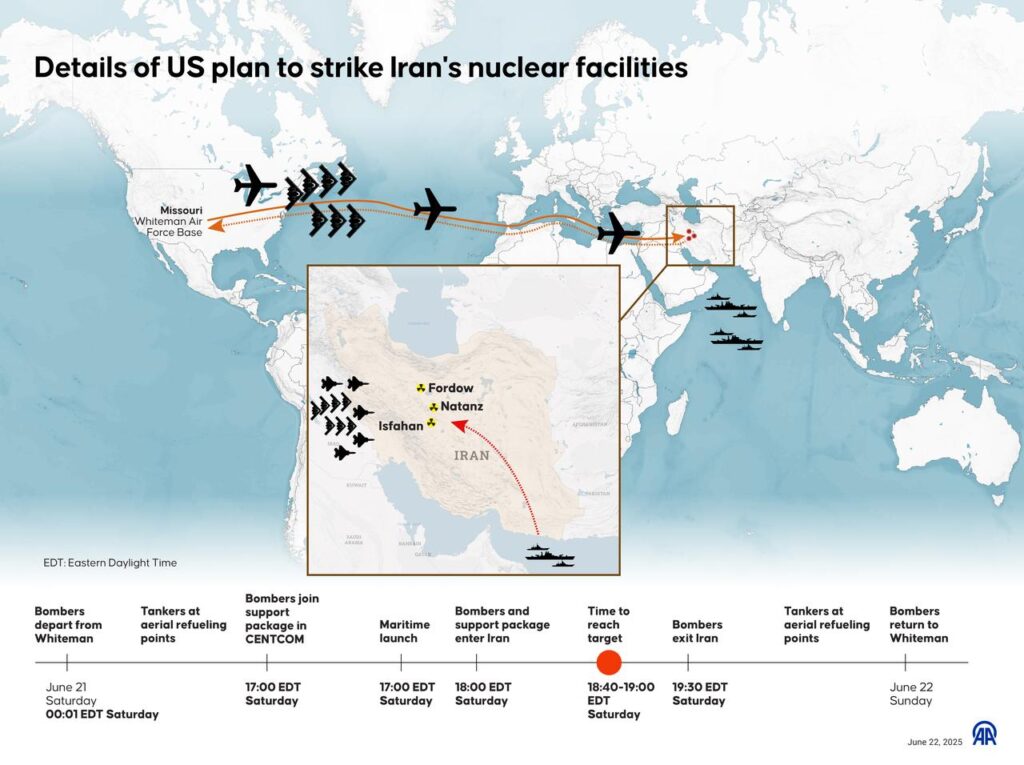
Donald Trump’s : The US–Israel Joint Strike
Recently, U.S. and Israeli forces launched coordinated strikes against Iranian facilities believed to be connected to military development and weapons storage. This joint operation was reportedly in response to intelligence indicating heightened threats against allied assets in the Middle East.
The airstrikes have been widely condemned by Iranian officials, who labeled them as acts of aggression and violations of international law. Simultaneously, some Western governments have expressed cautious support, citing ongoing concerns about Iran’s regional behavior.
Donald Trump’s Rhetoric and Its Implications
In the aftermath of the strike, Trump made a series of statements that strongly suggested support for toppling the Iranian government. He described the regime in Tehran as oppressive and dangerous, asserting that change is necessary for regional peace.
Although his words were vague, they carried enough weight to reignite debates about regime change as a foreign policy tool. While Trump did not explicitly call for military, his tone suggested that the strategic pressure should be escalated.
Domestic and International Reactions About Donald Trump
Reactions to Trump’s comments have varied widely. Within the United States, supporters praised his approach and welcomed the idea of a tougher stance on Iran. Critics, however, warned that such rhetoric could undermine the efforts and provoke unintended consequences.
Internationally, Trump’s remarks have drawn mixed responses. European leaders, already cautious about Middle Eastern instability, urged all parties to prioritize diplomacy over confrontation. Meanwhile, Iranian officials accused the former president of inciting violence and interfering in the nation’s internal affairs.
Historical Echoes and Policy Risks About Donald Trump
Trump’s hint at regime change recalls previous U.S. interventions that aimed to topple foreign governments. Past efforts in countries like Iraq and Libya have left long-lasting consequences, including instability, civil unrest, and humanitarian crises.
As a result, many analysts caution against repeating such strategies. They argue that while the Iranian government has a controversial track record, externally driven regime change often leads to more harm than good.
Iran’s Response and Regional Dynamics About Donald Trump
Iran’s leadership responded with strong rhetoric, vowing to defend its sovereignty against what it described as hostile acts and imperialist threats. National media broadcast images of public demonstrations condemning both the U.S. and Israel.
Additionally, Iranian-aligned militias in the region have increased their readiness, raising fears of retaliatory attacks. Neighboring countries are on high alert, with several reinforcing border security and preparing for possible spillover violence.
Humanitarian and Economic Concerns
The prospect of heightened conflict in Iran poses serious humanitarian risks. Sanctions already limit access to critical resources such as medicine and food. Further escalation could worsen these conditions and lead to replacement, casualties, and widespread hardship.
Economically, global markets have responded with volatility. Iran is a key player in the energy sector, and tensions in the region can affect oil prices, trade routes, and investor confidence worldwide. Therefore, maintaining regional stability is not just a political priority but also an economic necessity.
The Role of International Diplomacy About Donald Trump
Despite growing tensions, the channels will remain active. Key international actors, including the United Nations and the European Union, are urging restraint and promoting renewed dialogue. Some suggest that multilateral negotiations could still offer a pathway to de-escalation and reform.
Transitioning from military threats to peaceful and requires careful strategy, mutual concessions, and sustained international pressure. However, this path is often obstructed by mistrust, competing interests, and the lack of a unified global stance.
Civil Society Reactions and Advocacy
Around the world, civil society organizations have condemned the calls for regime change, arguing that real progress must come from within Iranian society, not through foreign pressure. Human rights groups have also emphasized the need to protect civilians from the fallout of political power struggles.
Protests and public demonstrations in various countries highlight the another opinion on this issue. While some back Trump’s hardline position, others stress the importance of sovereignty, international law, and nonviolent resolution.
Conclusion: A Critical Moment for Global Stability
Trump’s provocative remarks about Iran’s regime have reignited fears of conflict and raised questions about the future of U.S. involvement in the region. While some see his stance as a necessary warning, others view it as a dangerous step toward deeper instability.
The international community now faces the challenge of balancing legitimate security concerns with the urgent need for peace and humanitarian protection. As the situation evolves, the choices made by world leaders in the coming days may have lasting implications for regional and global order.

